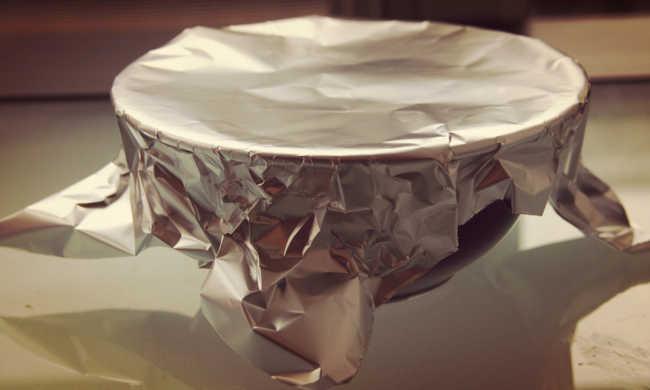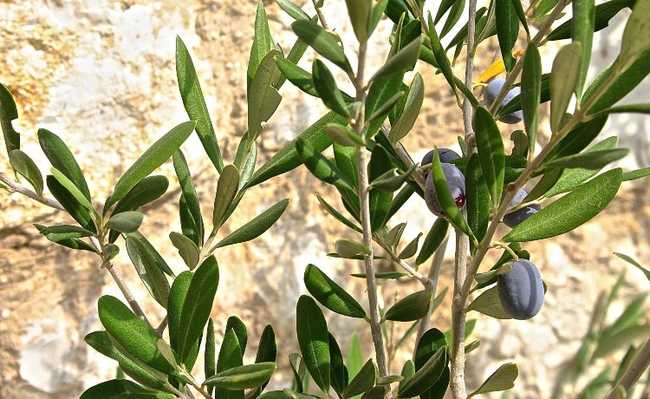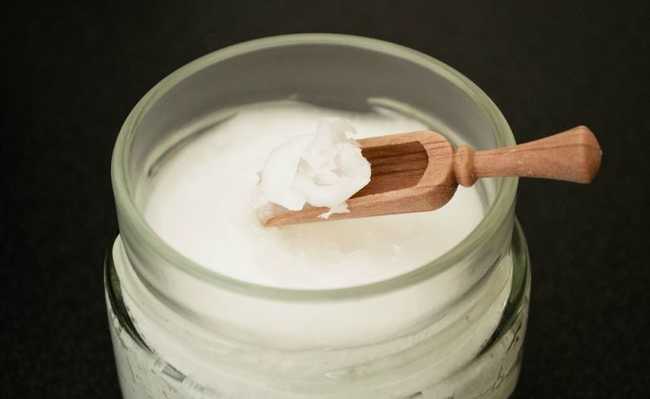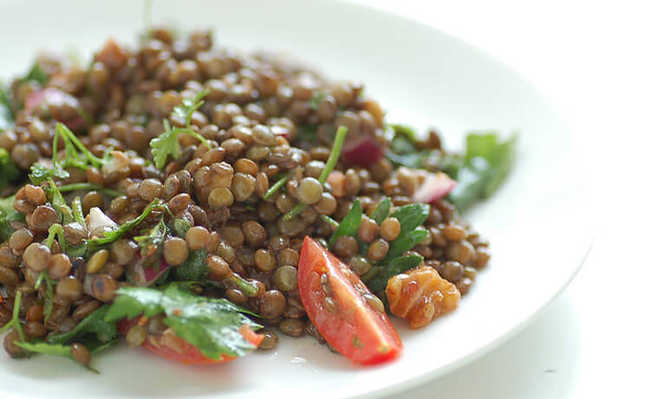Raspberry and its benefits
Raspberry helps you lose weight, prevents cancer and diabetes, among other benefits

Resized and edited image of Annie Spratt, is available on Unsplash
The raspberry is the pseudofruit of the plant species. Rubus Idaeus L., its flavor is sweet and therefore it is widely used to make sweets, liqueurs, ice cream, candies, syrups, juices and jellies.
Originally from central and northern Europe and part of Asia, to have a satisfactory production, the raspberry needs to be subjected to 700 hours a year at a temperature below 7ºC.
Being low in calories and high in fiber, vitamins, minerals and antioxidants, the raspberry has many benefits, such as helping you lose weight and preventing cancer and diabetes. Check out:
nutritional properties
Despite being low in calories, the raspberry has many nutrients:
One cup (123 grams) of raspberry contains:- Calories: 64
- Carbohydrates: 14.7 grams
- Fiber: 8 grams
- Protein: 1.5 grams
- Fat: 0.8 grams
- Vitamin C: 54% of the Recommended Daily Intake (RDI)
- Manganese: 41% of the IDR
- Vitamin K: 12% of the RDI
- Vitamin E: 5% of the RDI
- B-complex vitamins: 4-6% of the IDR
- Iron: 5% of the IDR
- Magnesium: 7% of the IDR
- Phosphorus: 4% of the IDR
- Potassium: 5% of the IDR
- Copper: 6% of the IDR
- Magnesium: what is it for?
Raspberry is a great source of fiber. In every 123 grams of raspberry (1 cup of tea) there are eight grams of fiber, which is equivalent to 32% and 21% of the RDI for women and men, respectively. packing 8 grams per 1 cup serving (123 grams), or 32% and 21% of the IDR for women and men, respectively.
Raspberry is a great source of vitamin C, A, B6, thiamine, riboflavin, calcium and zinc.
Antioxidants
Antioxidants are substances that help the body to recover from oxidative stress.
- Antioxidants: what are they and in what foods to find them
Oxidative stress, in turn, is correlated with an increased risk of cancer, diabetes, heart disease, among others (see study about it here: 1).
- Diabetes: what it is, types and symptoms
Raspberry is rich in several antioxidant compounds, including vitamin C, quercetin and ellagic acid (see studies on this here: 2, 3).
Compared to other fruits, raspberries have an antioxidant content similar to strawberries, but only half of blackberries and a quarter of blueberries (see study on this: 4).
A review of several animal studies concluded that raspberry and extracts made from it have anti-inflammatory and antioxidant effects that may reduce the risk of chronic diseases such as heart disease, diabetes, obesity and cancer.
- What is blueberry and its benefits
An eight-week study in obese and diabetic mice concluded that those fed freeze-dried raspberry showed fewer signs of inflammation and oxidative stress than mice in the control group.
Another study in rats found that ellagic acid, one of the raspberry's antioxidants, can not only prevent oxidative damage but also repair damaged DNA.
Lowers blood sugar and improves insulin resistance
Raspberry is low in carbohydrates and high in fiber. A cup (123 grams) of raspberry has 14.7 grams of carbohydrates and 8 grams of fiber, which means that the fruit has only 6.7 grams of carbohydrates per serving (see study about it here: 5)
Because it has a low glycemic index, raspberries help lower blood sugar and improve insulin resistance. In animal studies, mice fed raspberry had lower blood sugar levels and less insulin resistance than the control group, even on a high-fat diet (see studies on this: 6, 7).
Raspberry-fed rats also had less liver fat.
- Fats in the liver and its symptoms
In addition, raspberry is rich in tannins, compounds that block alpha-amylase, a digestive enzyme needed to break down starch (see study about it here: 8). This means that by blocking alpha-amylase, the raspberry can reduce the number of carbohydrates absorbed after a meal, which lowers the rise in blood sugar.
prevents cancer
Raspberry's high levels of antioxidants can help prevent cancer (see studies about it here: 9, 10).
In test tube studies, the raspberry extract blocked the growth and destroyed cancer cells in the colon, prostate, breast and mouth (see study here: 11).
In another test tube study, the raspberry extract killed up to 90% of stomach, colon and breast cancer cells (see the study here: 12).
A third test-tube study showed that sanguine H-6 - an antioxidant found in raspberries - led to the death of more than 40% of ovarian cancer cells (see the study here: 13).
In a ten-week study of mice with colitis, those fed a 5% raspberry diet had less inflammation and a lower risk of cancer than the control group.
In another study, the raspberry extract prevented the growth of liver cancer in mice. The risk of tumor development decreased with higher doses of raspberry extract.
These data are relevant and optimistic, but it is important to bear in mind that most studies are performed in test tube and animal analyses. More studies in humans are needed to prove the effectiveness of raspberry in fighting cancer. If you have this disease, do not substitute your conventional treatment. Get medical help.
Can improve arthritis
Raspberry has an anti-inflammatory action that can reduce the symptoms of arthritis (see study about it here: 14).
In one study, rats treated with raspberry extract had a lower risk of arthritis than rats in the control group. In addition, those who developed arthritis had less severe symptoms than control rats (see study about it here: 15).
In another study conducted on rats, those who received raspberry extract had less swelling and joint destruction than the control group.
Raspberry is believed to have a protective effect against arthritis by blocking COX-2, an enzyme responsible for causing inflammation and pain (see studies about it here: 16, 17).
Can help you lose weight
A cup (123 grams) of raspberry has just 64 calories and 8 grams of fiber. Furthermore, it is made up of more than 85% water. This makes the raspberry a low-calorie food.
In one study, rats were fed a low-, medium- and high-fat diet, and those that were fed raspberry gained less weight.
Adapted from Healthline










